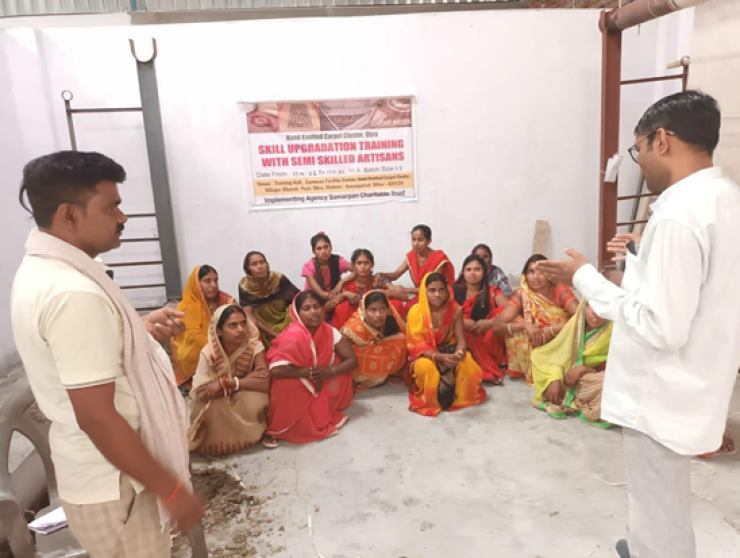- 4 months ago
- Health and Hygiene
- Description
- FAQ
- Updates
- Comments
The Health and Hygiene Programme is a community-driven initiative dedicated to improving public health standards and hygiene practices across rural and urban areas. Health and hygiene are the cornerstones of human development—without them, education, productivity, and economic growth are hindered. This programme focuses on preventive healthcare, behavior change communication, and access to basic hygiene infrastructure to build a healthier, more resilient society.
The programme is especially designed to cater to women, children, adolescents, and underserved populations who often lack access to proper healthcare facilities and hygiene education.
Objectives of the Programme
-
To raise awareness about personal and community hygiene practices.
-
To promote preventive healthcare and reduce the incidence of common illnesses.
-
To provide access to basic hygiene facilities like toilets, clean water, and sanitary products.
-
To empower communities with knowledge, resources, and tools to sustain good health practices.
Key Components of the Programme
✅ Health Awareness Campaigns
-
Information sessions on communicable diseases, nutrition, vaccination, maternal health, and mental well-being.
-
Distribution of leaflets, posters, and digital content in local languages.
✅ Menstrual Hygiene Management
-
Awareness sessions for adolescent girls and women.
-
Distribution of sanitary pads and menstrual cups.
-
Training on the safe and hygienic disposal of menstrual waste.
✅ Sanitation & Clean Water Access
-
Construction and maintenance of toilets and handwashing stations.
-
Installation of water filters and community taps.
-
Promotion of safe drinking water practices.
✅ School & Community Hygiene Education
-
WASH (Water, Sanitation, and Hygiene) programmes in schools.
-
Handwashing campaigns and hygiene games for children.
-
Cleanliness drives and waste management workshops.
✅ Mobile Health Check-ups & Camps
-
General health screenings, eye and dental checkups, vaccination drives.
-
Special health camps for women and the elderly.
Programme Impact
-
Reached over 1,00,000 individuals across villages and slums.
-
Improved handwashing habits in 95% of participating schools.
-
Distributed sanitary supplies to 30,000+ women and girls.
-
Significantly reduced cases of diarrhea, skin infections, and malnutrition in target areas.
General Question
No Update Found
Login To Leave a Comment


Comments (0)